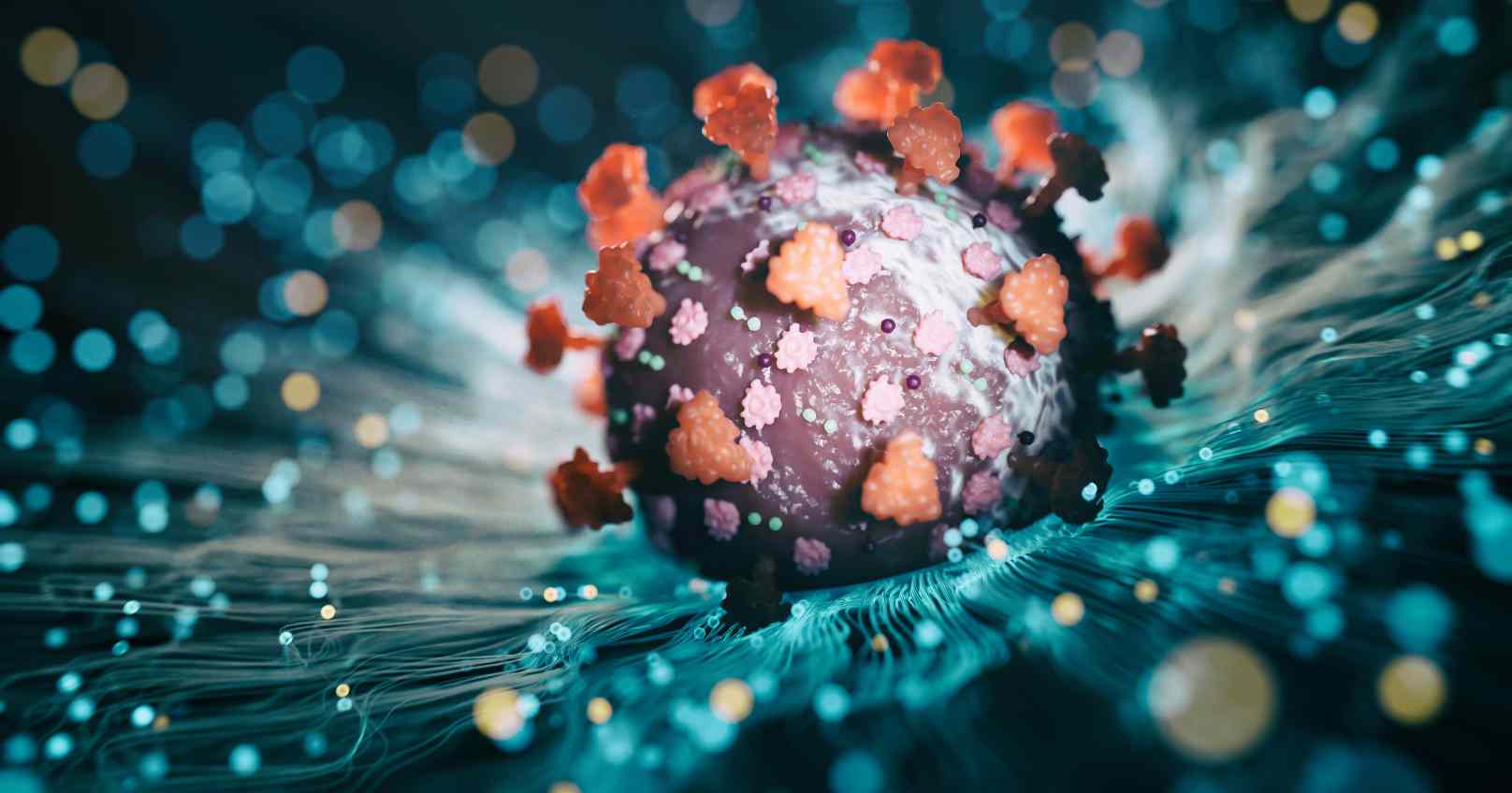JNU Scientists Discover Potential Malaria Vaccine
JNU scientists have unveiled a potential malaria vaccine by targeting the Prohibitin protein in the parasite, offering hope in combating the deadly disease
23-05-2024Scientists at Jawaharlal Nehru University (JNU) have discovered a potential vaccine for malaria, with their findings published in the iScience journal by Cell Press. Their research targets a protein called Prohibitin in the malaria parasite.
Malaria, transmitted by female Anopheles mosquitoes, has caused millions of deaths, particularly in India. The World Health Organization's 2022 report highlights the ongoing challenge, with 249 million cases and 60,800 deaths worldwide. Efforts to combat malaria have been hindered by the parasite's resistance to anti-malarial drugs and the absence of an effective vaccine.
Led by Professors Shailja Singh and Anand Ranganathan from JNU's Special Centre for Molecular Medicine, the research identified a crucial interaction between host and parasite proteins that could pave the way for a vaccine. "Our study identified a novel PHB2-Hsp70A1A receptor ligand pair that aids the parasite's infection of human hosts. The parasite protein PHB2 is a promising vaccine candidate," Prof. Singh explained to India Today.
Prohibitins are proteins essential for various cellular functions, including mitochondrial activity and cell cycle regulation. The researchers found that the PfPHB2 protein on the merozoite surface interacts with the heat-shock protein Hsp70A1A on red blood cells. Antibodies disrupting this interaction completely halted parasite growth. Additionally, antibodies against PfPHB2 were present in patients with active malaria in Tripura, a malaria-endemic region.
Manisha Marothia, a Ph.D. student and the study's first author, noted, "The presence of PfPHB2 antibodies is a significant milestone towards developing malaria therapeutics." Professors Singh and Ranganathan reiterated their commitment to eradicating malaria, stating, "Our dedication to malaria elimination remains unwavering."
Despite a temporary setback due to the Covid pandemic, which increased malaria cases and deaths, the research team remains optimistic. They hope that studies using mouse models will validate their findings. Previously, the JNU team discovered a method to combat malaria by targeting host lipids with an anti-tumor drug. The malaria parasite relies on specific lipid molecules for its growth and development, making this another potential avenue for treatment.


Royal Challengers Bengaluru ended their 18-year title drought with a historic IPL 2025 win, marking
Read More
A 17-year-old social media influencer was fatally shot at her Islamabad home, with police probing po
Read More
India is witnessing a significant rise in COVID-19 infections, with Kerala, Maharashtra, and Delhi a
Read More